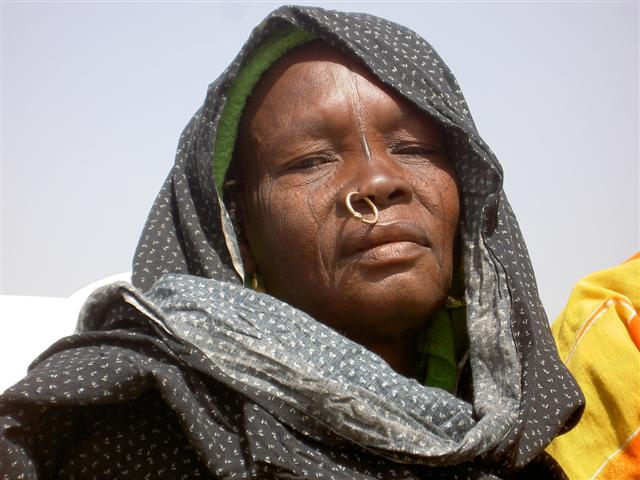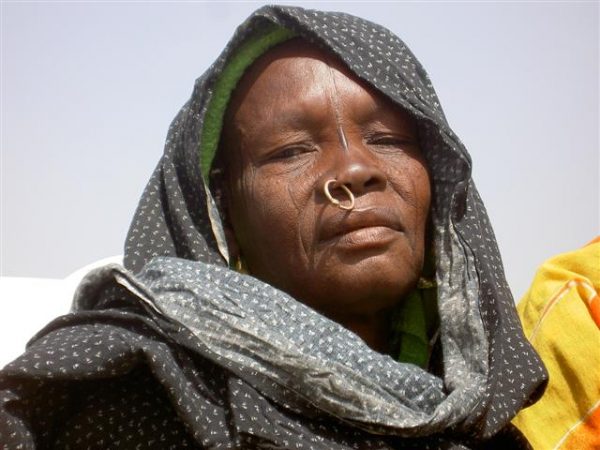The Buduma are an ethnic group of Chad, Cameroon, and Nigeria who inhabit many of the islands of Lake Chad. They are predominantly fishers and cattle-herders. In the past, the Buduma carried out violent raids on the cattle herds of their neighbours. They have feared villains with aggressive reputations, thus, they were respected and left alone for many years, protected by their own habitat of water and reeds.
Today, they are peaceful and friendly people willing to adopt some modern changes. Although their neighbours call them Buduma, meaning “people of the grass (or reeds),” they prefer to be called Yedina. Their language is known as Yedina.
Read more about Ethnic Groups In Nigeria
History
The Lake Chad region was integrated into the political realm of the Kanem-Bornu Empire. During this time (specifically around the 9th to 16th centuries), many ethnic groups in the area assimilated or merged in consequence of the new political power in the region. However, some communities stayed distinct and detached from the central government. This included the Buduma who established themselves in the remote islands and northern shores of Lake Chad. In other words, they (Buduma) established themselves among the inaccessible islands and along the marshy northern shore of Lake Chad (just as the Kuri did same in inaccessible areas along the eastern margin of the lake).
Culture
The Buduma are largely fishermen and livestock herders. Some Buduma engages in commercial fishing but many fish for personal or familial subsistence. The cattle the Buduma raise are bred have large and hollow horns. This allows the cattle to float easier when they’re transported across the lake or other bodies of water. The Buduma extensively make use of papyrus reeds. The reeds are used for constructing fishing boats, lightweight huts (that can be moved to higher ground if the lake rises), and more. Staples foods of the Buduma include fish, cow milk, water lily roots (which they grind to flour) and other foods native to the region. Even though they use or consume many products derived from their cattle, the Buduma don’t commonly kill and eat them.
Sign up to the Connect Nigeria daily newsletter
Buduma Traditional Economic Activities
This legend elucidates a number of Buduma characteristics, mainly with regard to their economic resources:
- Predominantly, the Yedina are cattle herders. Their ancestor was a herder before he had to flee to the islands
- They learnt agriculture from the Sao
- They claim that the Sao are their ancestors on the female side which, from a linguistic point of view, makes sense since the Yedina language belongs to the Kotoko group and the Kotoko people themselves stem from Sao ancestry.
- The Yedina know fishing, but they do not value it. Fishing merely was a makeshift resource for their ancestor when he had to hide on the islands. Fishing indeed, before it developed under colonial rule, was a despised activity left to slaves and smiths.
- Some basic skills are borrowed from neighbours and left to specialists: pottery, cotton weaving, smithing, hairdressing.
References
Gordon, Raymond G., Jr. (ed.) (2005): “Buduma”. Ethnologue: Languages of the World, 15th ed. Dallas: SIL International.
wikipedia.org
https://hal.archives-ouvertes.fr/
Featured Image Source: Life Indeed
Got a suggestion? Contact us: editor at connectnigeria dot com


